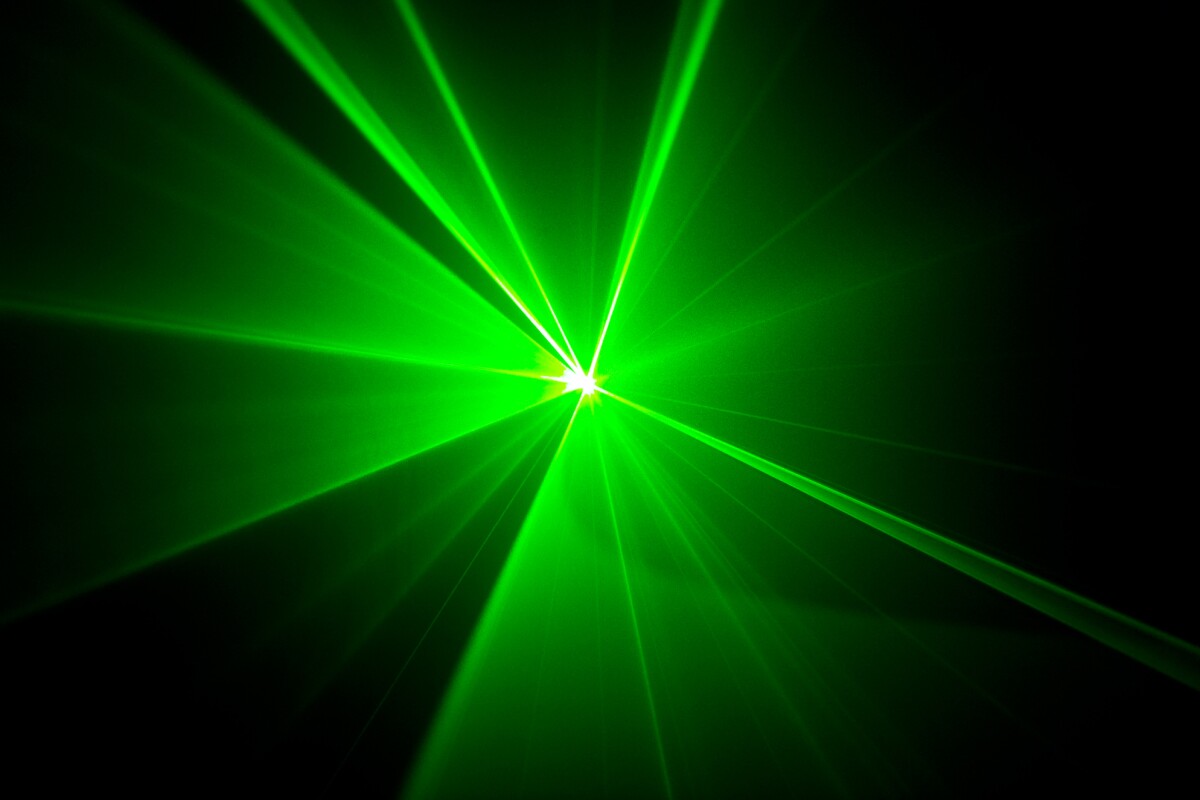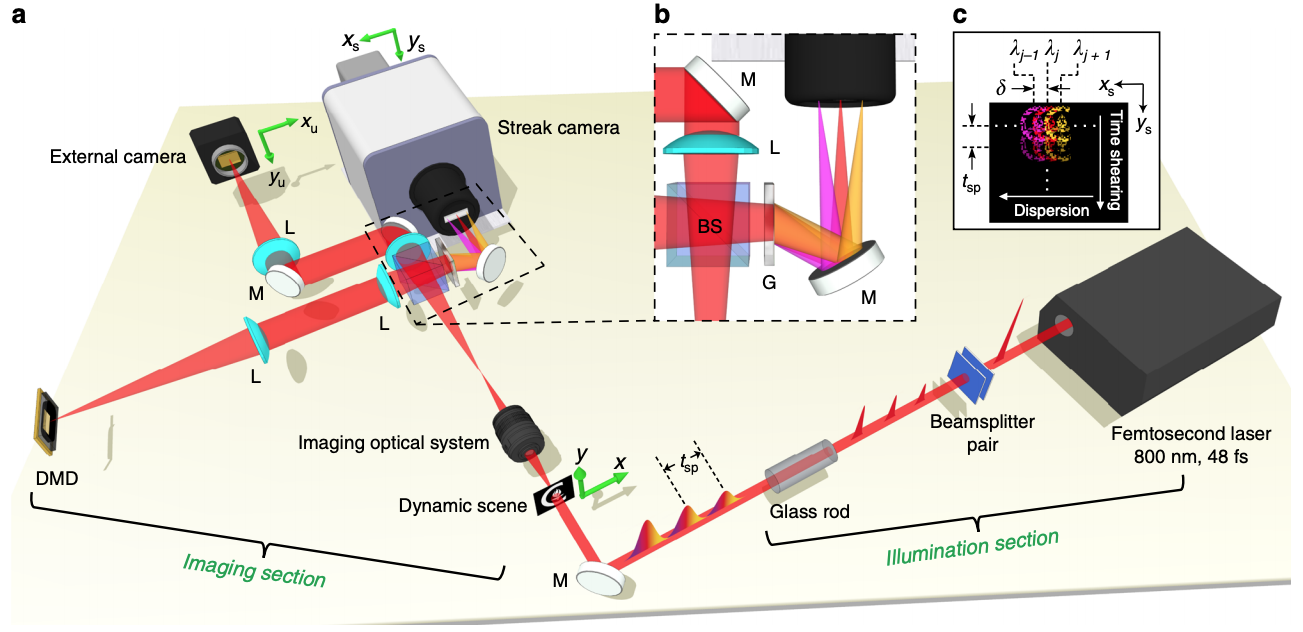All good stuff. Can we do this with microwaves i wonder? Yet is all adds to our imaging ability and we move forward.
Our problem is that everything originates from third tier matter. Thus we see those derivative reactions. How do see a microwave signal from an electron to a distant elecron?
You get my point. If that is going on we do not even know it. I have at least imagined the plausibliity of it all with evidence to support it..
World's fastest camera captures 70 trillion frames per second
May 04, 2020
Using ultrafast laser pulses, a new camera system can shoot at up to 70 trillion frames per second
The best phone cameras can record slow motion with under 1,000 frames per second. Commercial rigs generally shoot with several thousand. But that all absolutely pales in comparison to the new record holder for the world’s fastest camera, boasting a mind-boggling rate of 70 trillion frames per second. That’s fast enough to capture light waves in movement.
Developed at Caltech, the technology is called compressed ultrafast spectral photography (CUSP). As you might expect from the incredible frame rate, it doesn’t function like any ordinary camera. It uses extremely short pulses of laser light, each one lasting just one femtosecond. For reference, that’s one quadrillionth of a second.
A system of optics splits up these pulses into even shorter flashes. Each of these pulses then strikes a specialized sensor in the camera, producing an image. And that happens 70 trillion times a second.
Schematic of the active CUSP system for 70-Tfps imaging
The CUSP system is based on an earlier technology developed by lead author of the study Lihong Wang. The original version, known as compressed ultrafast photography (CUP), managed a top speed of 100 billion frames per second back in 2014. By 2018 the team had managed to shoot at 10 trillion frames per second, using an advanced version of the tech called T-CUP.
Now seven times faster than that, Wang and his team believe that the CUSP technology could be used to probe the ultrafast world of fundamental physics and help create smaller and more sensitive electronics.
"We envision applications in a rich variety of extremely fast phenomena, such as ultrashort light propagation, wave propagation, nuclear fusion, photon transport in clouds and biological tissues, and fluorescent decay of biomolecules, among other things,” says Wang.
Other teams are using different types of technology to capture these fleeting events at high speed. Japanese researchers managed 4.4 trillion frames per second in 2014, and a Swedish team topped 5 trillion in 2017.
The new research was published in the journal Nature Communications.


No comments:
Post a Comment